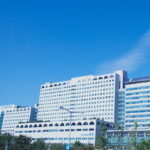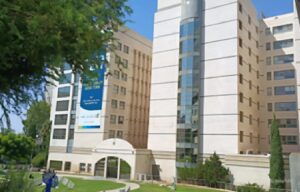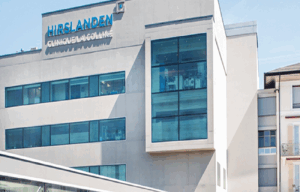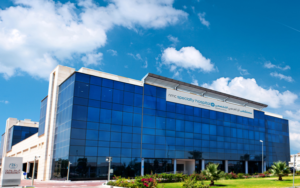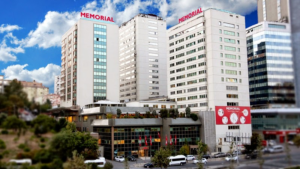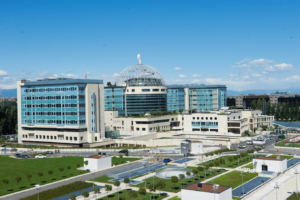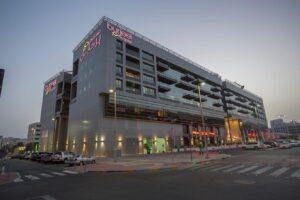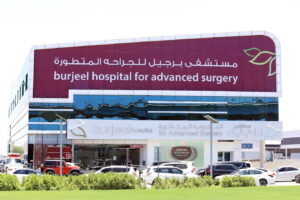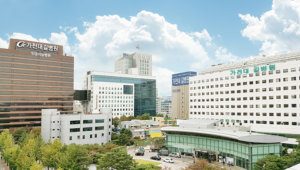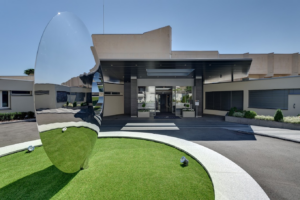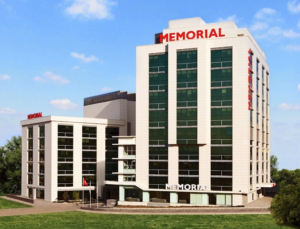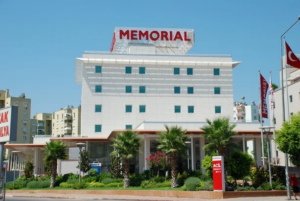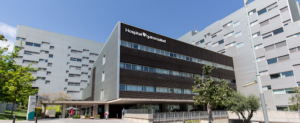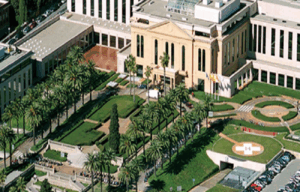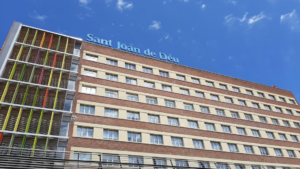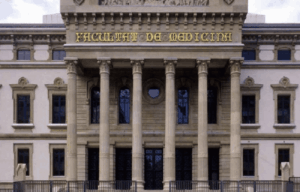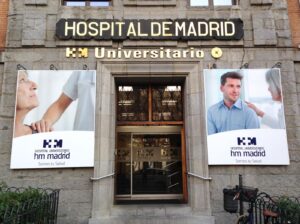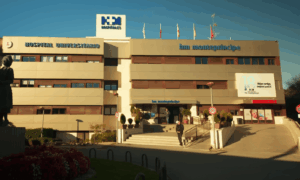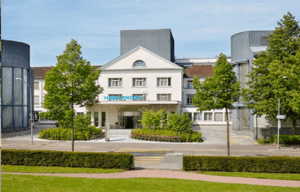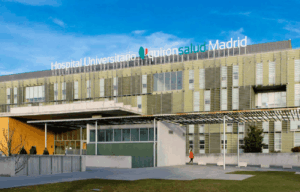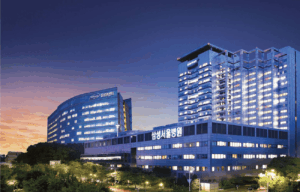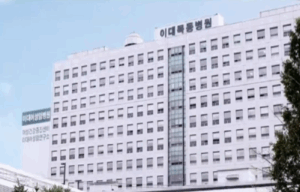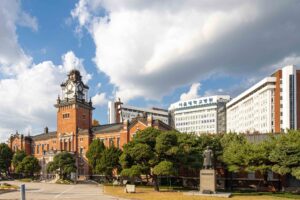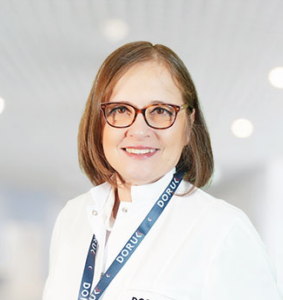Psoriasis
Psoriasis is a chronic autoimmune disease characterized by skin lesions with a tendency to recur. The skin changes present as scaly plaques with well-defined borders.
According to the World Health Organization, psoriasis affects approximately 1% to 3% of the global population.
The International Classification of Diseases (ICD) identifies the following types of psoriasis:
- Plaque psoriasis (psoriasis vulgaris) — the classic form with typical dry skin manifestations
- Exudative psoriasis — characterized by weeping lesions
- Generalized psoriasis — involves widespread inflammation and the presence of pus
- Palmoplantar psoriasis — affects the palms of the hands and soles of the feet
- Psoriatic arthritis (arthropathic psoriasis) — joint inflammation resembling rheumatoid arthritis
Symptoms indicating the need for diagnosis and treatment
Patients with psoriasis typically report redness, flaking, and itching of the skin. The lesions often appear as bright red patches with a scaly surface. Initially, plaques tend to form on the knees, elbows, chest, abdomen, back, and scalp; as the disease progresses, they may appear on any part of the body.
A distinctive diagnostic feature of psoriasis is the Auspitz Triad, which includes:
- Stearin spot — accumulation of white scales that are easily removed by gentle scraping
- Psoriatic film — a moist, exudative surface revealed after removal of the superficial horny layer
- Pinpoint bleeding — tiny bleeding spots appearing after detachment of the psoriatic film
Diagnostic and treatment methods
Diagnosis
Modern dermatology employs the diagnostic protocol of the American College of Rheumatology, which includes:
- Blood tests (rheumatoid factor, immunoglobulins, C-reactive protein)
- Skin biopsy — excision of a small sample of affected skin for histological examination
- Imaging methods (ultrasound, X-ray) in complicated forms with joint involvement
Treatment
The main goal of therapy is to suppress autoimmune inflammation. Treatment plans are tailored individually for each patient, depending on symptom severity and overall health status.
Conservative treatment options include: topical therapy (ointments and creams), phototherapy, systemic therapy for severe forms and biological therapy (monoclonal antibodies).
Innovations in global clinics
In top medical centers worldwide, molecular genetic testing is prescribed for patients with psoriasis. The presence of the HLA-Cw6 genotype increases the risk of developing autoimmune skin pathology by tenfold. It is detected in 80% of cases and is strongly associated with Type I psoriasis.
Top clinics
-
 Istanbul, Turkey Acibadem Altunizade
Istanbul, Turkey Acibadem Altunizade -
 Seoul, South Korea Asan Medical Center
Seoul, South Korea Asan Medical Center -
 Jerusalem, Israel Hadassah Medical Center
Jerusalem, Israel Hadassah Medical Center -
 Petah Tikva, Israel Medical Center “Rabin”
Petah Tikva, Israel Medical Center “Rabin” -
 Geneva, Switzerland Hirslanden Clinique La Colline
Geneva, Switzerland Hirslanden Clinique La Colline -
 Geneva, Switzerland Generale-Beaulieu
Geneva, Switzerland Generale-Beaulieu -
 Istanbul, Turkey Acıbadem Ataşehir Clinic
Istanbul, Turkey Acıbadem Ataşehir Clinic -
 Dubai, UAE NMC Healthcare
Dubai, UAE NMC Healthcare -
 Istanbul, Turkey Hospital “Memorial Şişli”
Istanbul, Turkey Hospital “Memorial Şişli” -
 Milan, Italy San Raffaele University Hospital
Milan, Italy San Raffaele University Hospital -
 Abu Dhabi, UAE Burjeel Hospital Abu Dhabi
Abu Dhabi, UAE Burjeel Hospital Abu Dhabi -
 Vienna, Austria Debling Private Clinic
Vienna, Austria Debling Private Clinic -
 Dubai, UAE Burjeel Hospital
Dubai, UAE Burjeel Hospital -
 Istanbul, Turkey “Memorial Bahçelievler” Clinic
Istanbul, Turkey “Memorial Bahçelievler” Clinic -
 Incheon, South Korea Gil Medical Center at Gachon University
Incheon, South Korea Gil Medical Center at Gachon University -
 Nyon, Switzerland Clinique Genolier
Nyon, Switzerland Clinique Genolier -
 Istanbul, Turkey “Memorial Ataşehir” Clinic
Istanbul, Turkey “Memorial Ataşehir” Clinic -
 Antalya, Turkey Memorial Antalya Hastanesi
Antalya, Turkey Memorial Antalya Hastanesi -
 Bodrum, Turkey Acibadem Bodrum Hospital
Bodrum, Turkey Acibadem Bodrum Hospital -
 Barcelona, Spain QuironSalud Barcelona Hospital
Barcelona, Spain QuironSalud Barcelona Hospital -
 Barcelona, Spain Medical Center "Teknon"
Barcelona, Spain Medical Center "Teknon" -
 Barcelona, Spain Sant Joan de Deu Children's Hospital
Barcelona, Spain Sant Joan de Deu Children's Hospital -
 Barcelona, Spain University Hospital Barnaclinic+
Barcelona, Spain University Hospital Barnaclinic+ -
 Madrid, Spain University Clinic HM Madrid
Madrid, Spain University Clinic HM Madrid -
 Madrid, Spain University Hospital HM Monteprincipe
Madrid, Spain University Hospital HM Monteprincipe -
 Gebze, Turkey Anadolu Clinic
Gebze, Turkey Anadolu Clinic -
 Zurich, Switzerland Hirslanden Clinic
Zurich, Switzerland Hirslanden Clinic -
 Madrid, Spain Quiron Salud University Hospital
Madrid, Spain Quiron Salud University Hospital -
 Seoul, South Korea Samsung Medical Center
Seoul, South Korea Samsung Medical Center -
 Seoul, South Korea Medical Center at Ewha Womans University
Seoul, South Korea Medical Center at Ewha Womans University -
 SNUH
SNUH
